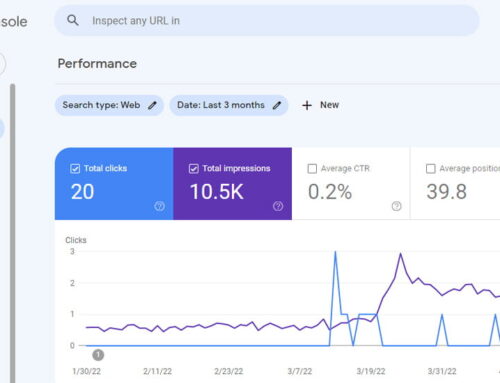
What is keyword research?
Keyword research is the study of user search queries in attempts to determine the users intent. In other words, you try to figure out what your customers are typing in search engines when looking for answers to products / services your business provides.
Why is keyword research important?
Keyword research is important because it helps businesses understand how their customers are searching for answers/solutions to questions/problems in their niche. With this information you can then structure your websites pages to align with users intent.
What do you do once you know your keywords and keyword phrases?
Finally, once you know what keywords and phrases users are most likely to use when trying to find your product and/or service, you can now align your content around their search terms. This does two key things;
- User benefits: It helps create an environment where the user is more likely to find answers to their questions and answers to their problem.
- Company benefit: It best positions you to be able to provide the answer / solution to your best possible customer.
What can happen if you don’t do keyword research?
You can end up wasting time creating content around topics that:
- Have low search volume. In other words, you are creating content for an extremely small select group of individuals, instead of serving your larger audience. High amount of effort for small problem. (will lead to less traffic)
- Have high search competition. There could be hundreds or thousands of competitors also trying to rank for the same keywords and phrases. You need to know if it’s worth investing the time to try and rank for a keyword. How probable, given enough resources and time, that you will reach the top of the ranking in search results. (you may not be able to rank at all in profitable positions)
- You could also assign and include keywords that are irrelevant to the topic. Example: You could create a page about a “Best Barbeque Chicken Pizza Recipe”, but use keywords like “great tasting pizza recipe”. One could mistakenly assume that people would be searching for “great tasting pizza recipe”, but later find out that “BBQ chicken pizza recipe” is actually what the majority of people are searching for. (if someone visits your page through a keyword link that is not relevant to the topic, they will leave, and this will increase your BOUNCE rate.)
- You could have incorrect use of primary and secondary key words -leading you to not show up organically in search results.
What are some examples of keyword types
- Informational keywords: Where the users intent is to gain general knowledge on the topic. A search query might look like “what is SEO?” or “why is SEO important?”
- Navigational keywords: This is where the user knows a bit about a subject and is looking to learn more. A search might look like this “SEO services in Palm Desert” or “SEO company near me”.
- Preliminary Keywords: These types of keyword-phrase searches tell us that the user is gathering final information for a future purchase. “Best SEO company near me”, “Top 5 best SEO companies”.
- Transactional Keywords: These type of keyword searches has the user ready to buy. They have the information they need and are ready to make a specific purchase. Keywords might look like “Buy SEO service”.
Searcher Intent
When a user types in a set of keywords into a search engine, the search engine does its best to predict users intent and serves the content that best matches.
For example: If a user types “Are gaming laptops good for graphic designers” they are probably in the Research Phase. They are don’t want to see options, specifications, pricing, etc. They want to learn if a gaming laptop would be a good investment for a graphic designer. So the pages that the search engine will serve should be to answer that question.
Searcher Intent Phases
- Research (Find answers to questions)
- Comparison (Compare and contrast available options)
- Purchase (Buy)
We do your keyword research in our SEO services packages. Click to find out more.
Related Posts
If you enjoyed this article, consider exploring our other articles below.







